News
-

What Your Annual Blood Work Can Reveal About Your Health
December 22, 2025Your yearly blood work gives your provider information they can’t see during a physical exam, sometimes before you notice any symptoms at all. Blood work isn’t only for sick visits – routine lab work plays a key role in preventive care and long-term health. In Mayfield, Kentucky, many adults…
Learn more -
.jpg)
Is It a Cold, the Flu, or Something Else? How to Tell the Difference
November 25, 2025When your child starts coughing, sneezing, or running a fever, it can be hard to know what you’re dealing with. As the seasons change and kids head back to school or daycare, coughs and sniffles start making the rounds. Here in Mayfield, KY, that often leaves parents asking: is it just a cold, or something more serious like the flu, RSV, or…
Learn more -

What Does Breast Cancer Look Like in Its Early Stages?
October 21, 2025Breast cancer is one of the most common cancers in women, and early detection can dramatically improve outcomes. But what does breast cancer actually look like in its earliest stages? It’s not always a visible lump – early signs can be subtle, and knowing what to watch for can make all the difference. Below are some common early signs and symptoms to be…
Learn more -

Why You Shouldn’t Skip Your Annual Physical: Screenings That Save Lives
September 26, 2025Many people put off their annual physical, if they feel fine, there’s no urgent need to visit the doctor. But skipping your yearly check-up can mean missing the early signs of serious conditions that are often treatable if caught early. At Jackson Purchase Medical Center, we believe prevention is just as important as treatment. Your annual physical is a…
Learn more -

How to Protect Your Child from Fall Viruses like Flu, RSV, and COVID
September 03, 2025In warmer parts of the country like Mayfield, KY, respiratory virus season can begin as early as September and stretch well into the winter. With kids back in school, viruses like flu, RSV, and COVID-19 start spreading quickly – especially among young children whose immune systems are still developing. As a parent, you can take steps now to help protect…
Learn more -
.jpg)
Why Mosquito-Borne Illnesses Are on the Rise — and How to Protect Yourself
August 01, 2025Warmer weather and standing water are fueling a surge in mosquito-borne diseases. Here’s what you need to know and how to prevent them.
Learn more -
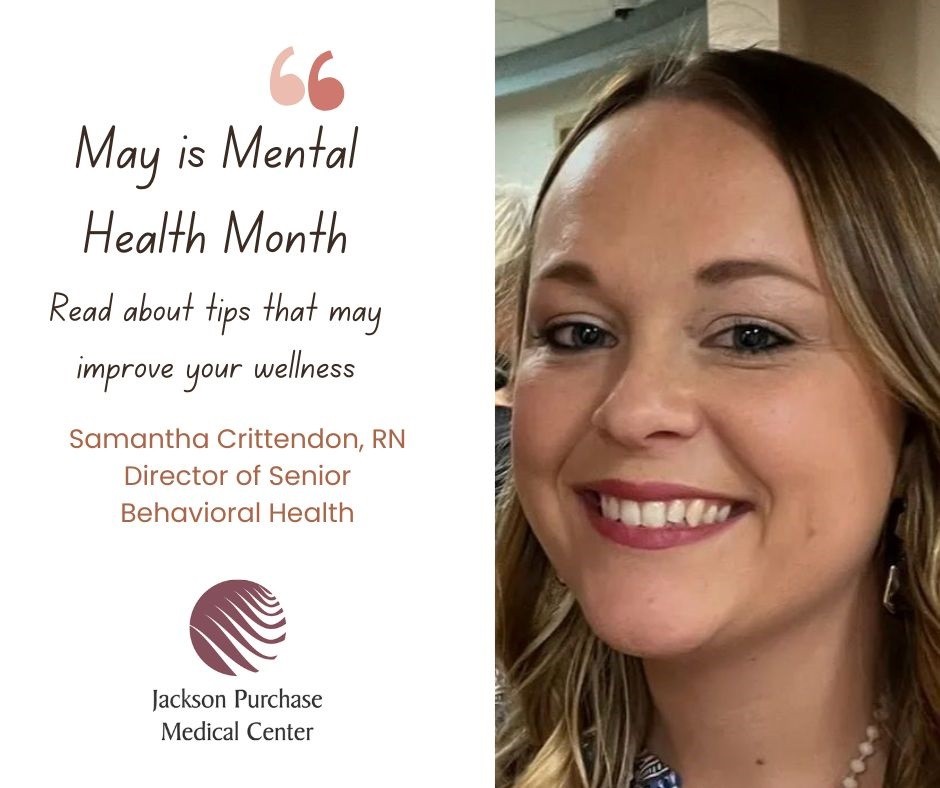
Mental Health Tips That May Improve Your Wellness
May 12, 2025When it comes to overall health, it can be easy to focus exclusively on physical health
Learn more -
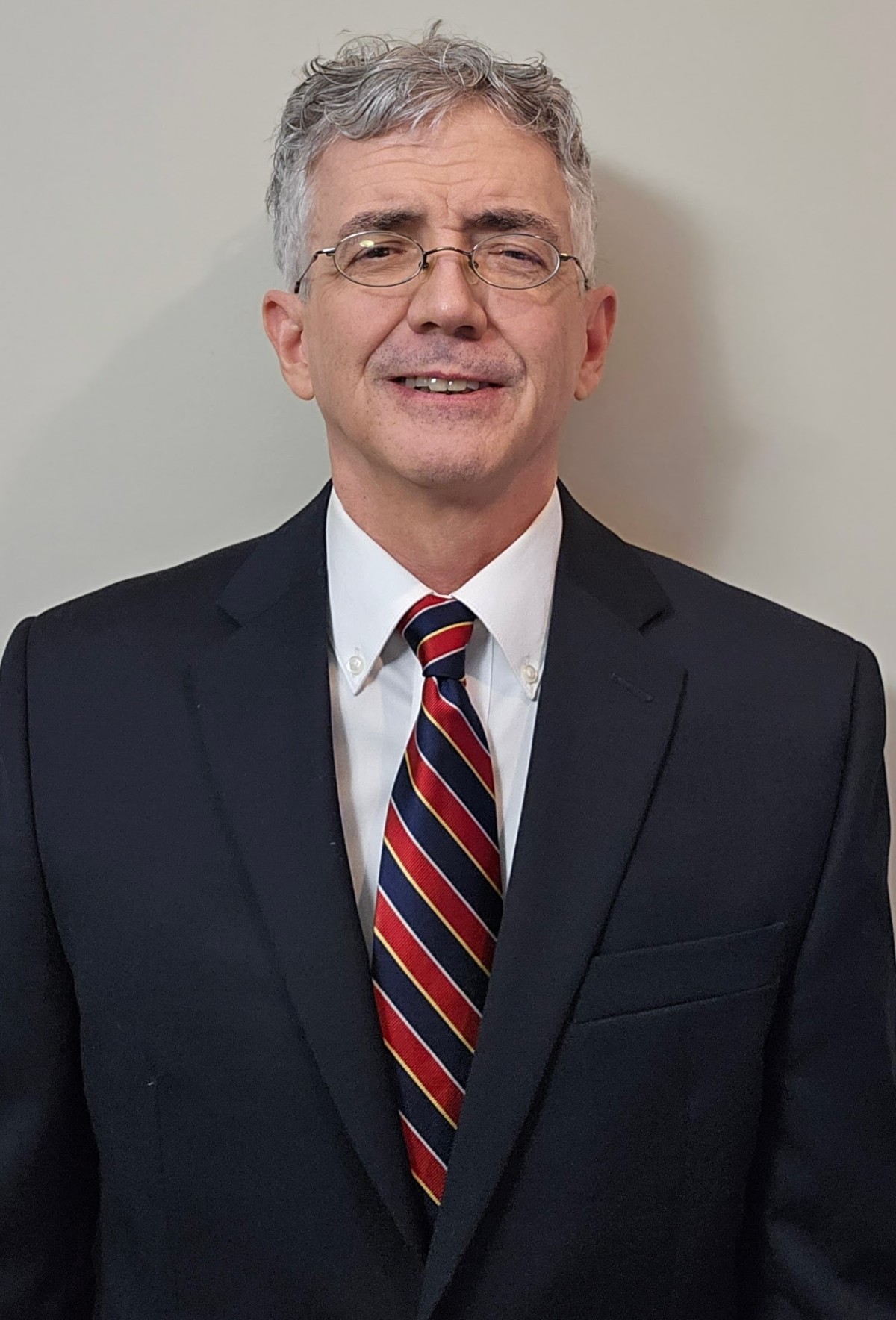
Stroke Awareness Month: 3 Steps to Manage Your Stroke Risk
May 01, 2025By: David W. Koury MD, Neurologist, Jackson Purchase Medical Center
Learn more -
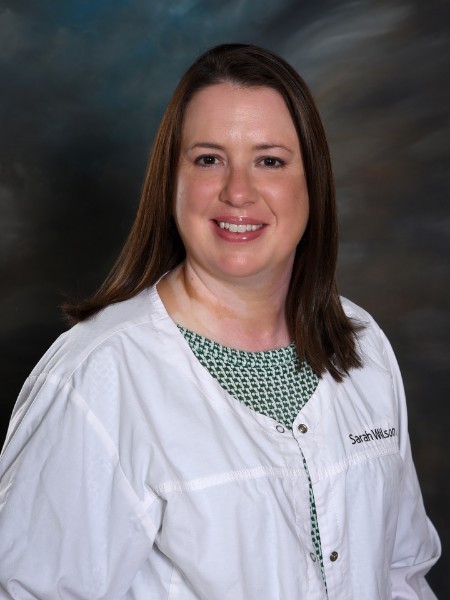
Colon Cancer Awareness Month: Understanding Your Colonoscopy By: Sarah Wilson, APRN
March 07, 2025Have you had your colonoscopy? If you’re 45 or older, you’ve probably heard this question from someone you know – a doctor, a family member, or a health-conscious friend.
Learn more -
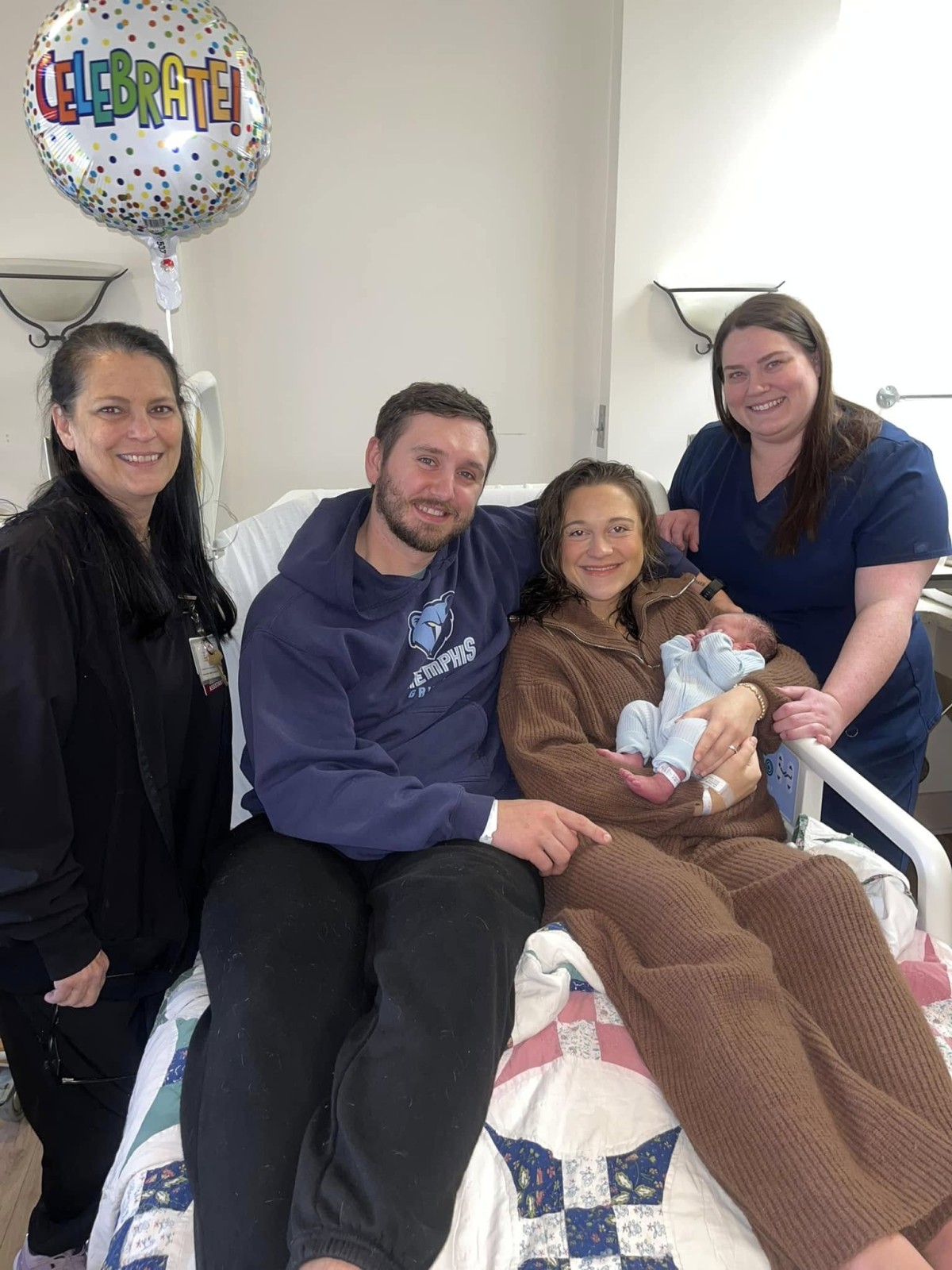
Kristin Whipple, Midwife delivers her 100th baby at JPMC
March 06, 2025We celebrated a special milestone this week with midwife, Kristin Whipple who delivered her 100th baby at JPMC!
Learn more -
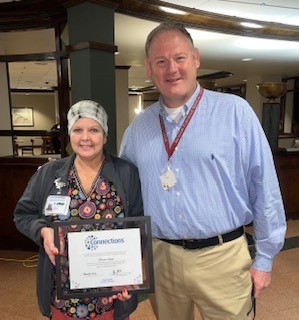
Jackson Purchase Medical Center Names 2024 Mercy Award Winner
May 13, 2024Jackson Purchase Medical Center Names 2024 Mercy Award Winner
Learn more -
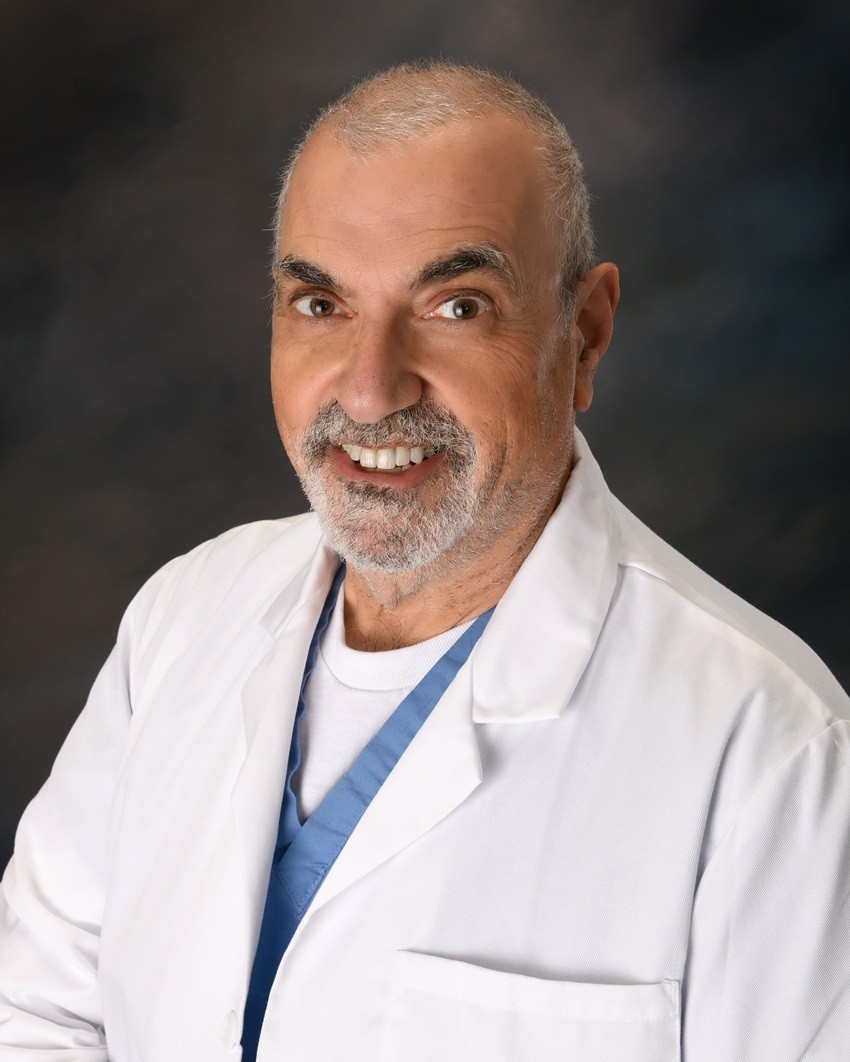
Building a Healthy Heart
February 28, 2024Great information on Heart Health from Jackson Purchase Medical Center's newest Board-Certified Cardiologist, Louis Caruso, MD.
Learn more -
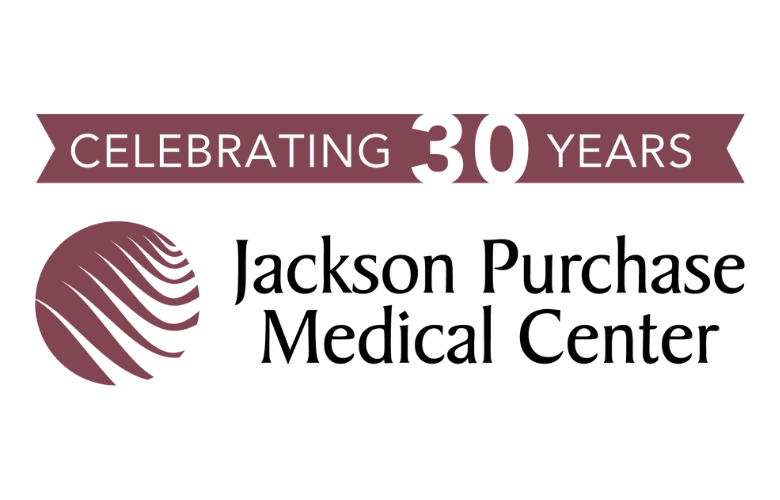
Local Hospital Celebrates 30 Years, Recognizes 33 Employees With 30+ Years
August 08, 2023On Sunday, Aug. 13, Jackson Purchase Medical Center (JPMC) will celebrate 30 years of making communities healthier® at 1099 Medical Center Circle in Mayfield. The hospital, owned and operated by Lifepoint Health since the healthcare company’s founding in 1999, will recognize 33 staff members and physicians who have been with the hospital for all 30…
Learn more -
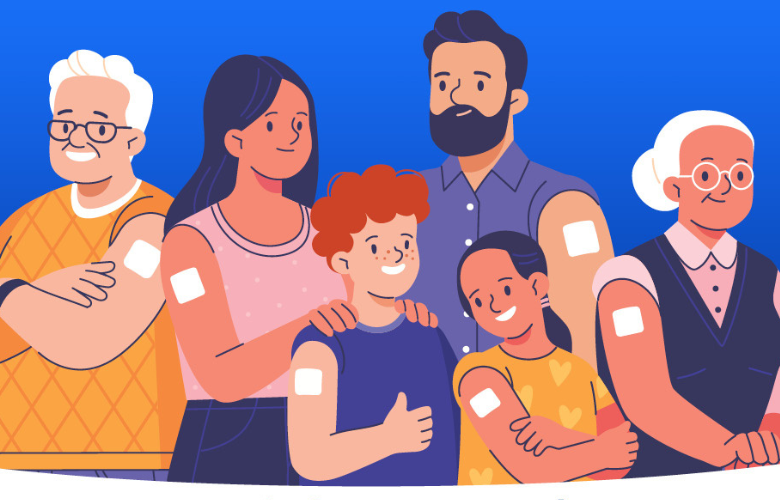
Immunization Awareness Month: COVID-19 and Beyond
July 27, 2023On May 11, 2023, the Department of Health and Human Services announced an end to the public health emergency brought on by COVID-191. Since the peak of the Omicron variant in January 2022, COVID-19 cases have declined rapidly – though the disease still poses a health risk to many Americans, COVID-19 death rates have dropped 95% from their height in 2021.2 As a…
Learn more -
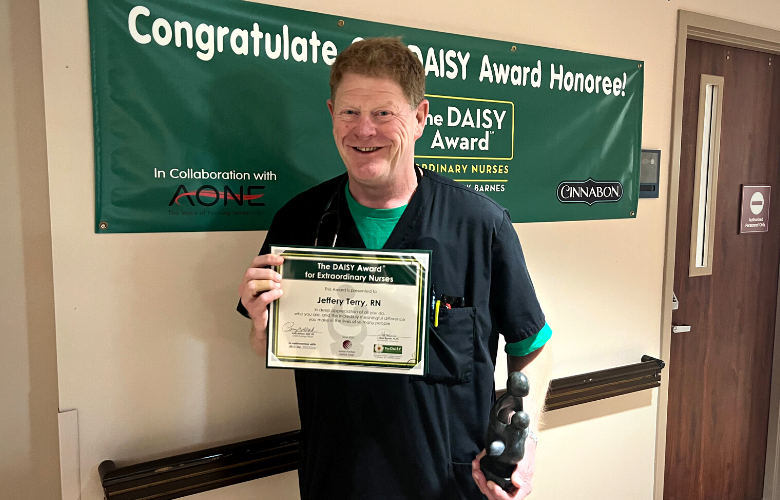
Local Nurse Recognized With International Award
June 22, 2023Jackson Purchase Medical Center (JPMC) today announced Jeffery Terry, RN, as a recipient of the DAISY Award for Extraordinary Nurses. The award, which was created in memory of the late Patrick Barnes, recognizes licensed nurses who demonstrate extraordinary, compassionate care. The DAISY, which standards for Diseases Attacking the Immune SYstem, Award…
Learn more -
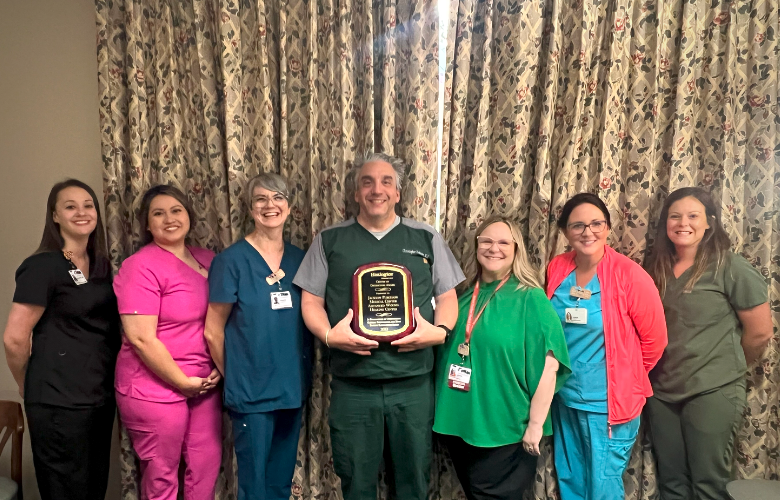
Jackson Purchase's Advanced Wound Healing Center Recognized for Clinical Excellence in Patient Satisfaction and Wound Healing Rates
June 20, 2023Jackson Purchase Medical Center (JPMC) physicians, leaders and clinicians gathered to recognize the Advanced Wound Healing Center, a recipient of the Center of Distinction award by Healogics®, the nation’s largest provider of advanced wound care services. The center achieved outstanding clinical outcomes for twelve consecutive months, including a patient…
Learn more -
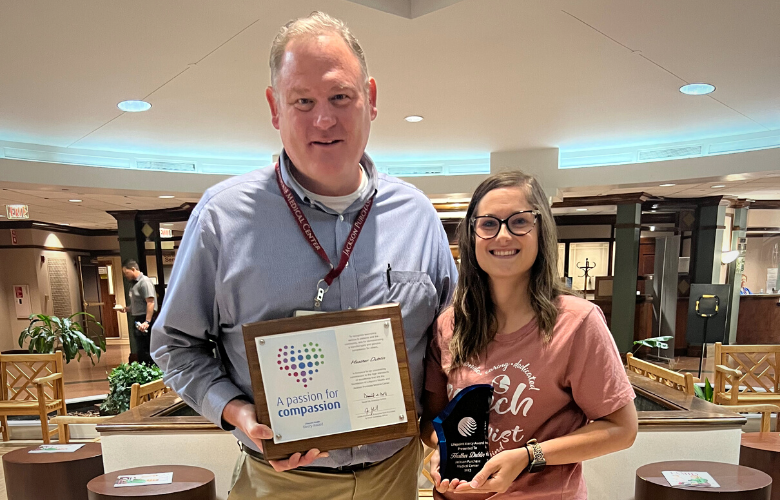
Jackson Purchase Medical Center Names 2023 Mercy Award Winner
June 12, 2023Jackson Purchase Medical Center (JPMC) today announced that Heather Dublin, speech pathologist, has been recognized as the hospital’s 2023 Mercy Award winner. The Mercy Award recognizes one employee from each of Lifepoint Health’s hospitals who profoundly touches the lives of others and best represents the spirit and values on which the company was…
Learn more -
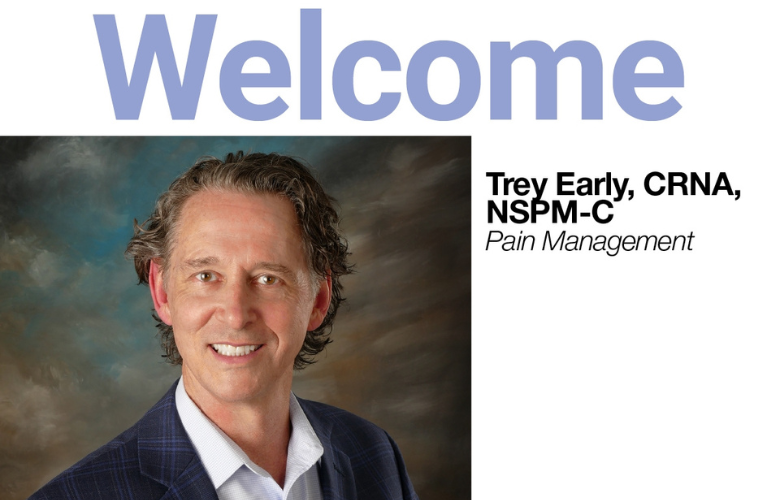
Trey Early, CRNA, NSPM-C Joins Jackson Purchase Medical Center
June 08, 2023Jackson Purchase Medical Center (JPMC) today announced that Trey Early, certified registered nurse anesthetist and nonsurgical pain management specialist, has joined its medical staff and will be offering minimally invasive pain management procedures to patients in Mayfield and the surrounding region. “Jackson Purchase Medical Center is excited to announce Trey…
Learn more -
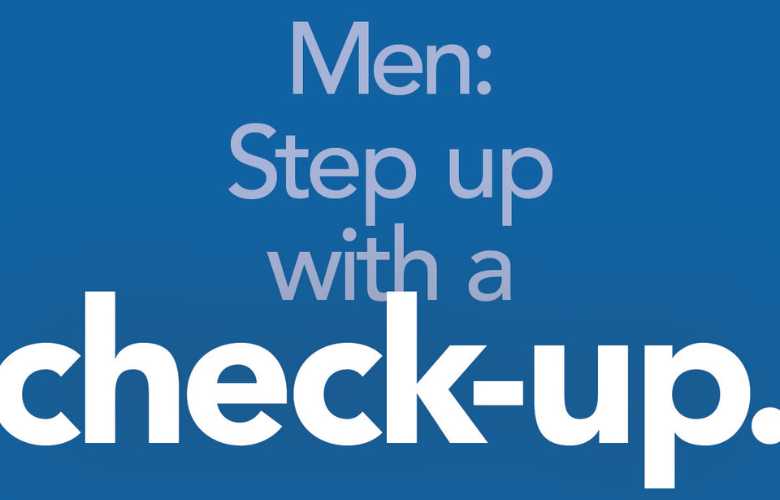
Good Health Starts Today – 4 Tips for Men’s Health Month
June 01, 2023Over the past hundred years, medical technology has improved exponentially. Humans today have better access to care than our ancestors could have dreamed of. Despite these advances in medicine, one thing remains true: men have a shorter life expectancy than women. In 2021 there was a 5-year difference between the average lifespans of women and men, and this gap has…
Learn more -
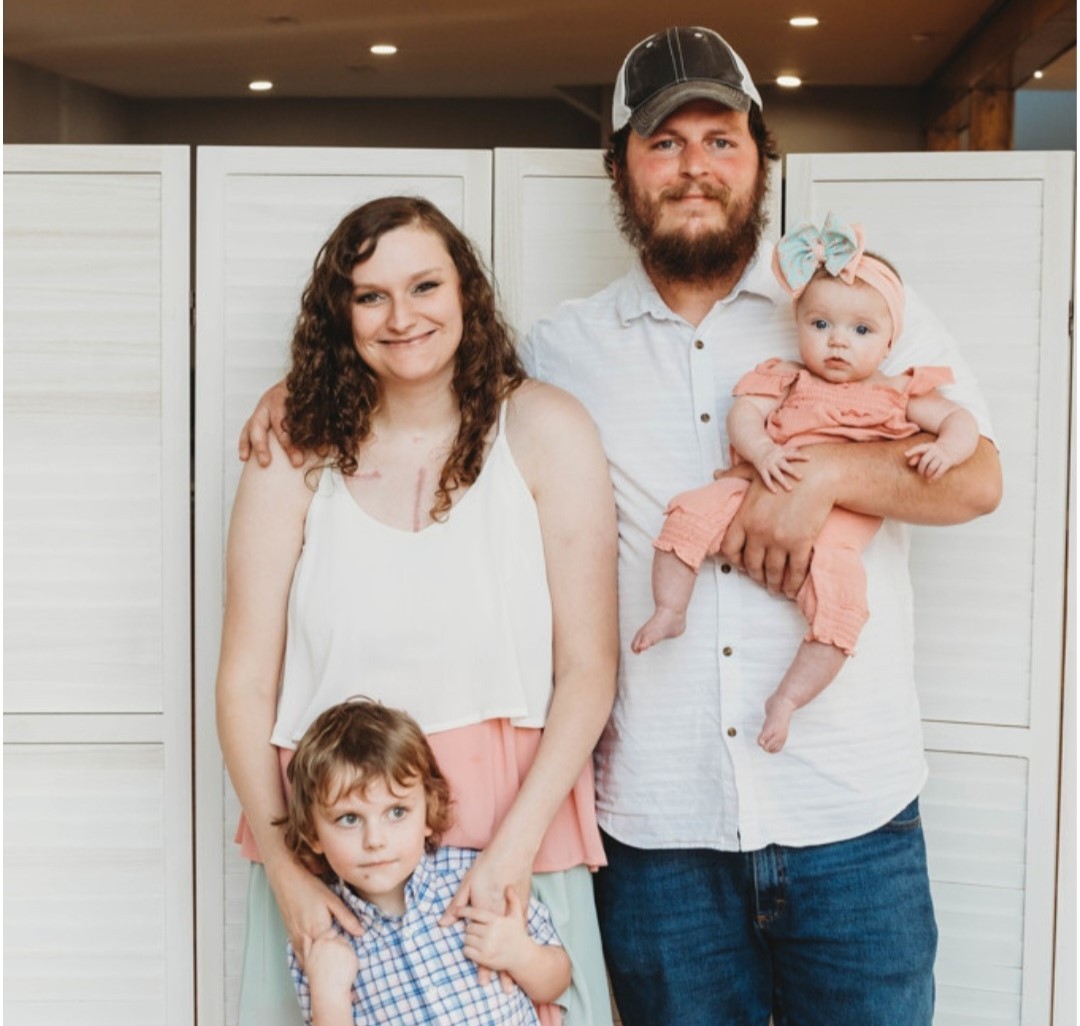
When Time is Muscle
May 18, 2023September 6, 2022, started as just another day for 26-year-old Sierra Garrett—besides the fact she was 32 weeks pregnant and dealing with an asymptomatic case of COVID-19—until she abruptly got an unbearable burning sensation in her chest followed by a bout of nausea. “It just came on really fast,” said Garrett, a resident of Graves County. After…
Learn more
